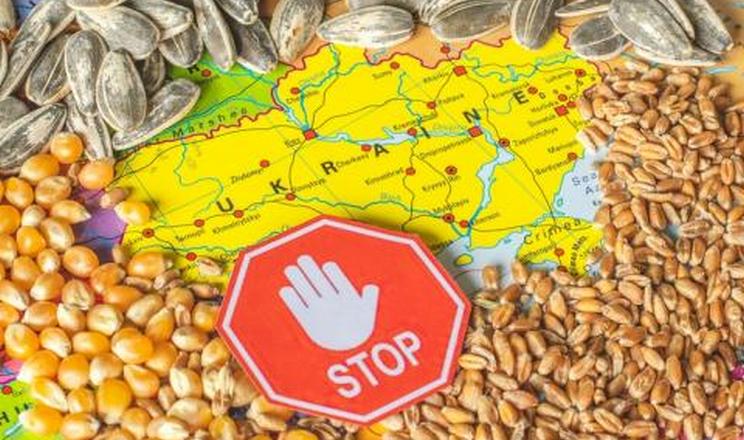The European Commission has repeatedly stated that there is no negative impact from the export of Ukrainian products to the EU. However, the actions of countries neighboring Ukraine say something completely different. They require full or partial restrictions, and there are many reasons for this. Let’s find out what these reasons are.
The mechanisms for demonstrating a negative attitude are diverse – from demands to accept schemes that contradict international trade rules to direct pressure on the European Commission.
A serious approach
The European Council recently discussed the risks posed by agricultural exports from Ukraine. According to the reports, no negative consequences of the supply of Ukrainian agricultural products to Europe were detected. Moreover, it only strengthens the world’s food security if the transit costs are reduced.
Before the war, Ukrainian exports went mostly to developing countries because:
– the European market buys premium products;
– the standards of finished products are different there.
The war changed the situation: a year before the war, the share of Ukrainian exports of agricultural products to Europe was 32%, then in the current year – 59%. However, this happened not only at the expense of increased volumes but mainly because the supplies to Africa and Asia decreased due to port blockages. This is what caused the search for buyers as close as possible – in Europe.
It’s a matter of methods
In fact, there is nothing wrong or strange about Europeans asserting their position. It is surprising what methods they decided to use: direct illegal bans, artificial obstacles, blocking of borders, and blackmail of European institutions. In this conflict, Ukraine showed more civilized behavior, constantly offering compromise options for cooperation.
As part of the search for solutions, a Coordination Platform was created. Moreover, the licensing was implemented for the civilized control of raw materials exported to the EU from Ukraine and to prevent price fluctuations for agricultural products. As time has shown, this problem has not been removed from the political agenda. Therefore, the protesters are not interested in solving the problem but in achieving their own – which exactly? – goals.
The issue of European integration is also directly related to the export of agricultural raw materials because Ukraine produces several times more of them than it consumes. This makes the country a serious competitor because it has several large agricultural companies, while in Europe, agribusiness is based on small farming, which depends on subsidies. A competitor in the market, which can exist without subsidies, scares such market players. However, the fears are rather groundless, as reports show that there is no dominance of Ukrainian raw materials to the EU.


